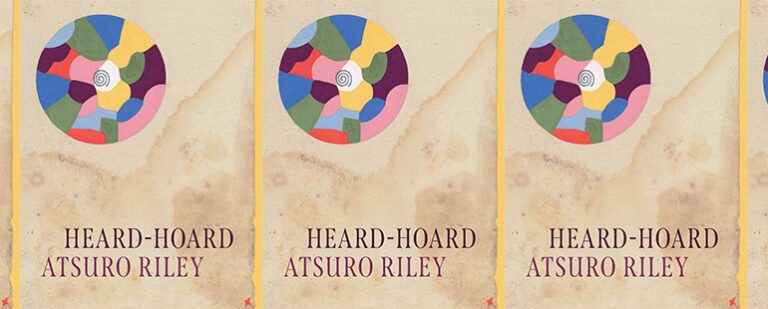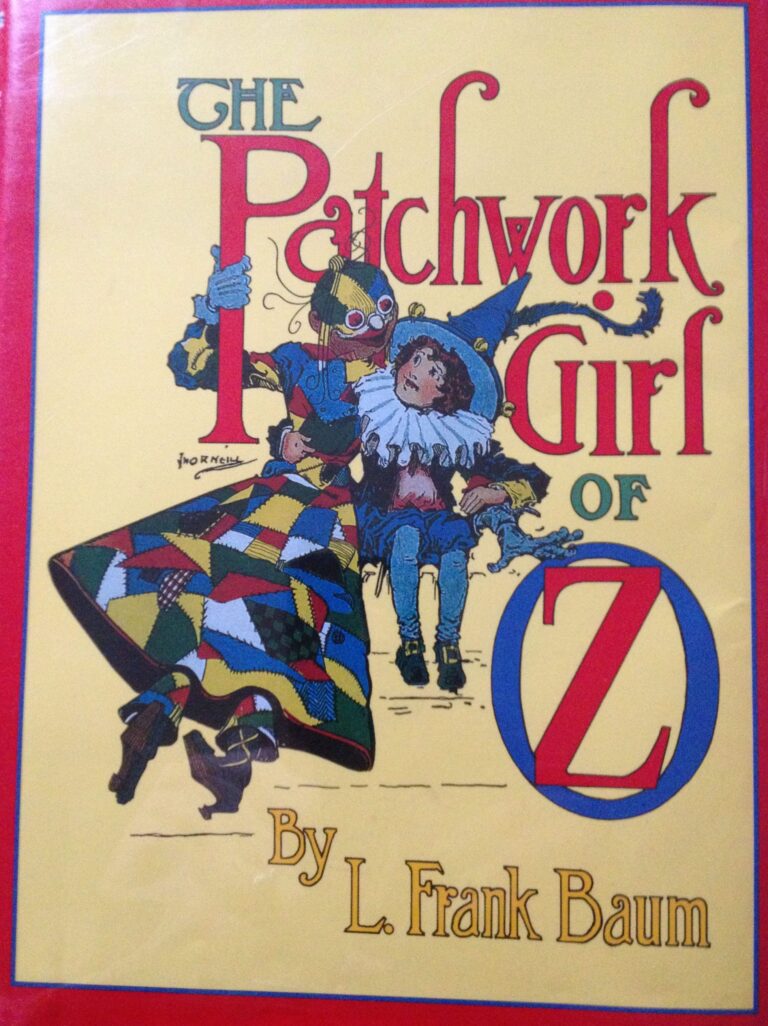Competing With Your Muse: On Stephen Amidon’s Something Like the Gods
Under Review: Something Like the Gods: A Cultural History of the Athlete from Achilles to LeBron by Stephen Amidon (2012, Rodale, 240 pages)
Sports, much like the arts, are only as vitally useful—or frivolously useless—as the beholder deems them. Neither game nor poem serves an essential function in helping a person survive on this planet. And yet, across all generations and all cultures, games and poems and tournaments and stories alike percolate up and out of us, by some unconscious, uncontrollable urge.
Something Like the Gods is novelist Stephen Amidon’s history of sports. It’s a history that is spiritual as much as (or maybe more than) it is factual: Amidon describes the athlete’s place in the culture as evolving “from shaman to showman.” And while the entire second half of the book is spent in the sports-saturated 20th- and 21st-centuries—this era of polished, televised, branded and cross-branded competitions—the themes that Amidon threads throughout the book successfully demonstrate that corporate, modern events like today’s Super Bowls are played with the same inspiration for play that motivated our deep ancestors. In Amidon’s words: “The line from the hunter’s club to the Louisville Slugger might be a long one, but it is also unbroken.”
The first proper documentation of a sporting event comes from that mighty work whose very creation straddles myth and reality just as much as its content: in Homer’s Iliad, the Greek warriors break from war to play a series of games in memorialization of a slain compatriot. Echoes from all of Homer’s fictive competitions can still be heard even in the present day. A boxer’s intimidating boast—“I’ll crush you with body-blows/I’ll crack your ribs to splinters!”—is nothing if not a harbinger of Muhammad Ali’s fearless pre-match chatter. A footrace between Ulysses and Ajax not only foretells modern Olympic sprints, watched by millions, but the influence can also be felt in the Eredivisie, the top soccer league in the Netherlands, whose most decorated team is named Amsterdamsche Football Club Ajax.
And just as the act of writing puts its participants in earnest contact with the Muses, Amidon tells us that the Greeks also conceived of the act of competing as a conduit to the divine:
The Greeks believed that the athlete performing at the top of his game could also briefly occupy the rarefied borderline between man and god. Perhaps this is why he always competed alone. There were no teams in Greek athletics.
While today’s athletes are undoubtedly more widely known than their Greek ancestors—with televised coverage of our premier competitions being watched by audiences larger than the entire world’s population at that time—our admiration for them has been toned down several degrees. In recent years we have witnessed the fastest-run footrace, going all the way back to Ulysses v. Ajax, in the history of humanity. This accomplishment has earned lifelong wealth and recognition for Jamaican sprinter Usain Bolt, but even while we flock to purchase his endorsed products, nobody sincerely believes that his victories have earned him transcendence from this mortal flesh.
Perhaps the reason that we have become more sane in our athlete-worship (relatively speaking) is because, now, the vast majority of our most iconic athletes play team sports. Or maybe I’m mixing up the cause and effect here—maybe team sports have gained popularity because we’d rather not approach our athletes while on bended knee. Whatever the case, in recent centuries sports have gradually shifted from individual to team efforts. Amidon describes the game jeu de la crosse, known today as lacrosse, that was developed and played by Native Americans:
The earth and the gods were being worshipped, not the man who scored the winning goal—if there even was a winning goal.
This ethos brings to mind the sport that has singularly captured the imagination of our world: soccer, whose acceptance of the tie as end result is a product of its high values of playing the game with beauty, ingenuity, and grace. In soccer as in writing, a victory (which can be translated into “high sales numbers”) pales in worth compared to an achievement of indelible artistry.
Like a publisher lamenting the meager profits of his time, Amidon looks at the contemporary sports landscape with curious undertones of pessimism. To be sure, the subject of shady appropriation of public funding for ever-shinier stadiums is more than enough motivation to see every glass as half-empty. But sports today are also capable of providing moments, as Amidon discusses, like Cathy Freeman’s victory in the 400-meter sprint at the 2000 Sydney Olympics.
As an Aboriginal Australian woman, Freeman and her emotional, uniting victory became “a symbol of reconciliation for a nation with a long history of discrimination against its indigenous population.” Footage of the moment is still profound and uplifting.
Yes, sports still provides a dire multitude of shameful sexist, racist, and otherwise exploitative moments. We are far from perfection. But, for a world that sent its best athletes to Berlin to compete in Adolf Hilter’s cruelly segregated Olympics only sixty-four years before Freeman’s run, the progress has been speedy and substantial. The next narrative arc in sports’ long history would make Homer gasp in wonder.


